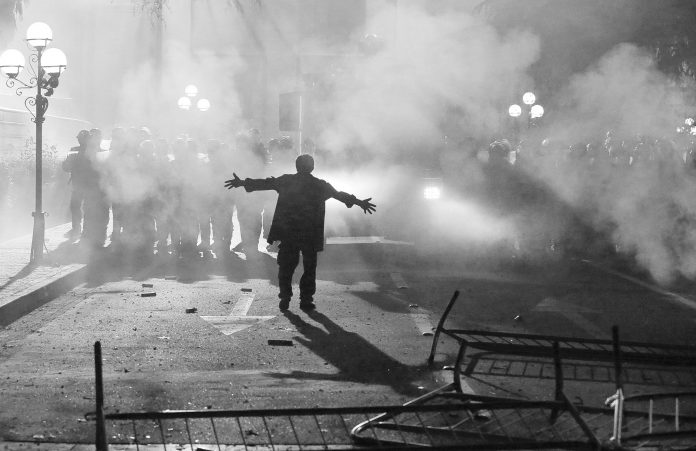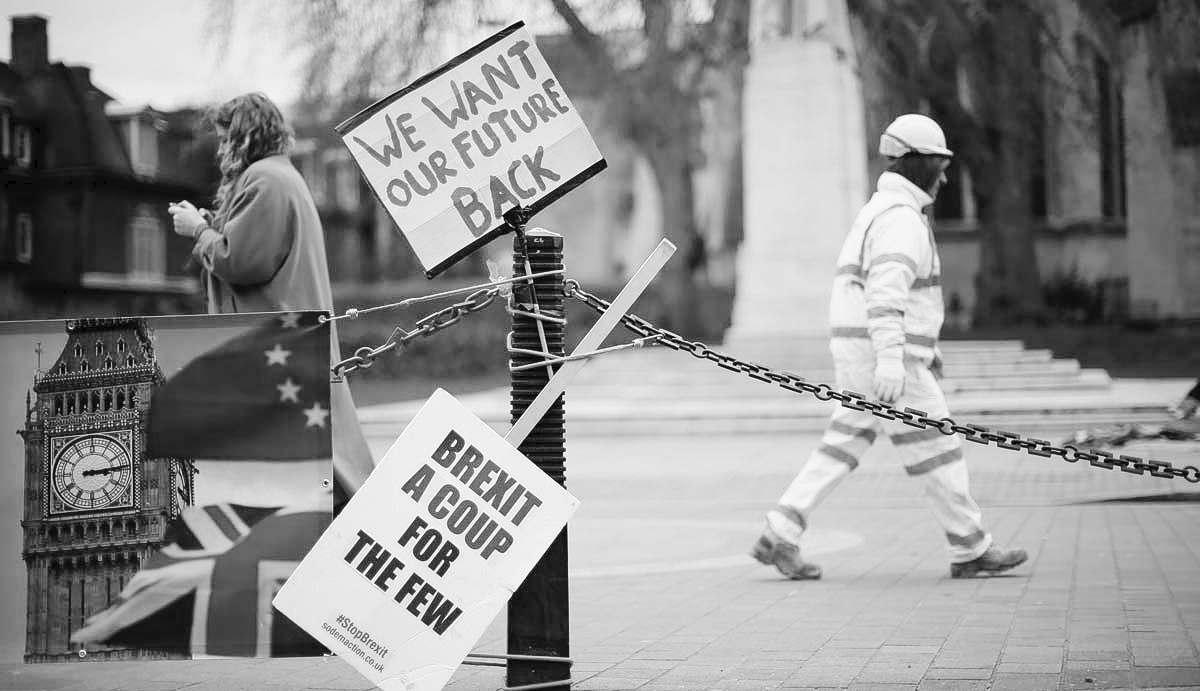
Albania’s opposition parties hold their latest anti-government protest Saturday with a strong likelihood that it will turn violent, dealing another blow to the country’s shrinking hopes that the European Union will agree to launch full membership negotiations with the ex-communist nation.
Some 10,000 people are expected at the protest in Tirana that will demand the appointment of a transitional Cabinet, followed by an early election.
The center-right opposition led by Lulzim Basha has been holding protests since mid-February, accusing the leftist government of links to organized crime and vote rigging.
The government denies all the claims. Socialist Prime Minister Edi Rama has repeatedly called for an unconditional dialogue, saying protests have hurt the country’s image.
Protests in the past have turned hostile, with opposition supporters showering police officers with firebombs while police responded with tear gas. Injuries have been reported on both sides and scores of protesters have been arrested or charged with violent attacks.
Basha has vowed to continue, however, saying the protests do not “differ from those in France, Italy or other Western countries.”
Opposition lawmakers have also relinquished their seats in Parliament — where the government holds a comfortable majority — and the opposition is boycotting the June 30 municipal elections and is threatening to prevent them taking place.
“In democracy there are no elections without the opposition. There is no democracy without pluralism,” Basha said in an emailed interview with The Associated Press.
“Prime Minister Rama has under his control all powers: executive, legislative and justice. He has the big media and the business under his control,” Basha added.
Aleksander Cipa, an independent analyst, says the opposition’s main goal is “existential.”
“Investing in an aggressive protest and the corrosive acts against the prime minister is the only possibility for the opposition’s further existence,” he said.
The United States, the European Union and international organizations have denounced the opposition for relinquishing its parliamentary seats, repeatedly calling on them to sit down for talks and to avoid violence in protests. The opposition has hardly heeded the call.
In late June Brussels decides whether to launch full membership negotiations with Albania. More violence would be “a retrograde act threatening the country’s expected positive answer from the EU,” Cipa said.
In the end, irregular municipal elections or violence would be another tool in the hands of hard-liners in the EU member countries trying to prevent the launch of membership negotiations with Albania.
Albania would miss another train toward Europe, not for the first time since the end of Communism.q



















